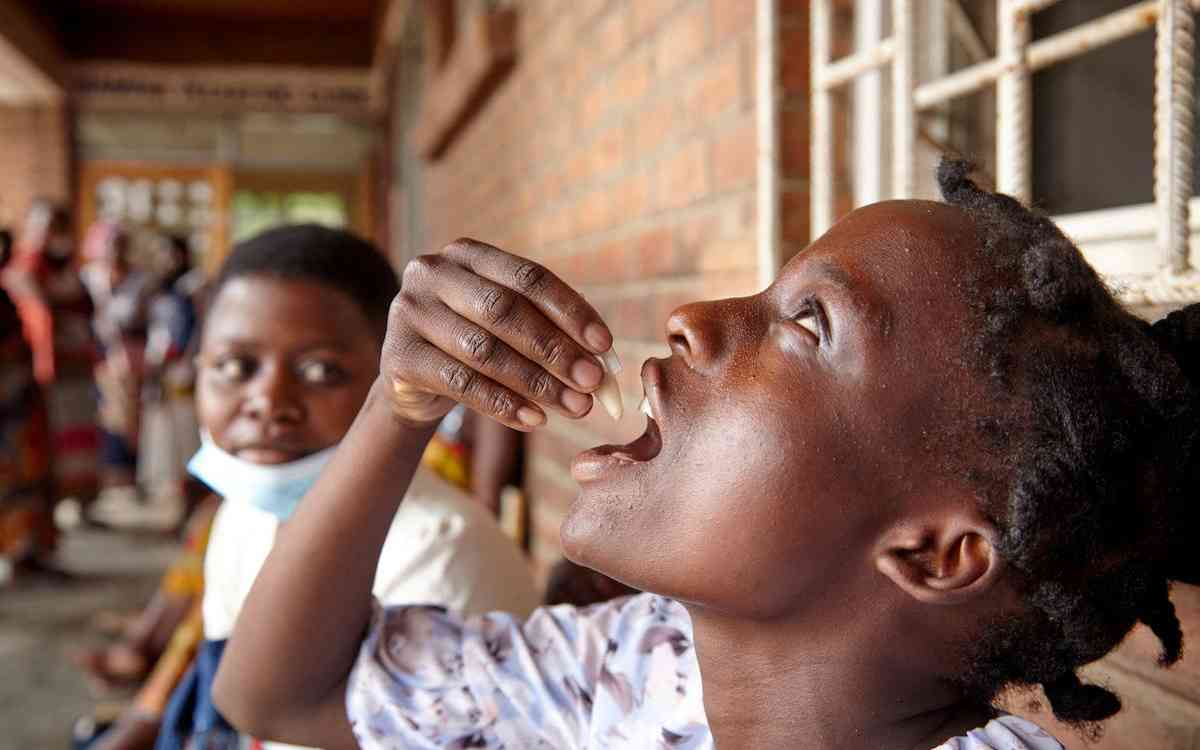
The death toll from a cholera outbreak in Malawi has crossed 1,300, a senior Malawian health official said on Thursday, as the southern African country battles its deadliest outbreak yet.
As of Wednesday, Malawi had recorded 40,284 cholera cases and 1,316 deaths in an outbreak that started in March 2022, with the country averaging over 500 new cases every day, Charles Mwansambo told a briefing organised by the World Health Organisation's Africa office.
Cholera outbreaks happen regularly in Malawi, usually in the rainy season from November to March, but they only average an annual death toll of about 100.
The WHO said in a statement on Thursday that Malawi's current outbreak was the deadliest on record, worse than ones in 1998/99 and 2001/02 that saw 860 and 968 deaths respectively.
Malawi has conducted two oral cholera vaccination campaigns, but a global surge in cholera outbreaks means vaccine supplies are under strain.
Other African countries, including Malawi's neighbours Mozambique and Zambia, have reported cholera cases.
In East Africa, Ethiopia, Kenya and Somalia are responding to outbreaks amid a prolonged and harsh drought, and in West and Central Africa there have been cases in Cameroon, Democratic Republic of the Congo and Nigeria.
On Sunday, South Africa reported two imported cholera cases from Malawi, with the husband of one of the first two cases subsequently testing positive.
- Malawi chiefs shut down Chinese owned mines
- Malawi chiefs shut down Chinese owned mines
- Outcry as Chinese miners scoop precious stones from Malawi communities
- Outcry as Chinese miners scoop precious stones from Malawi communities
Keep Reading
Cholera is mainly spread by contaminated food or water and can cause acute diarrhoea. While many people have mild symptoms, if untreated it can kill within hours.







